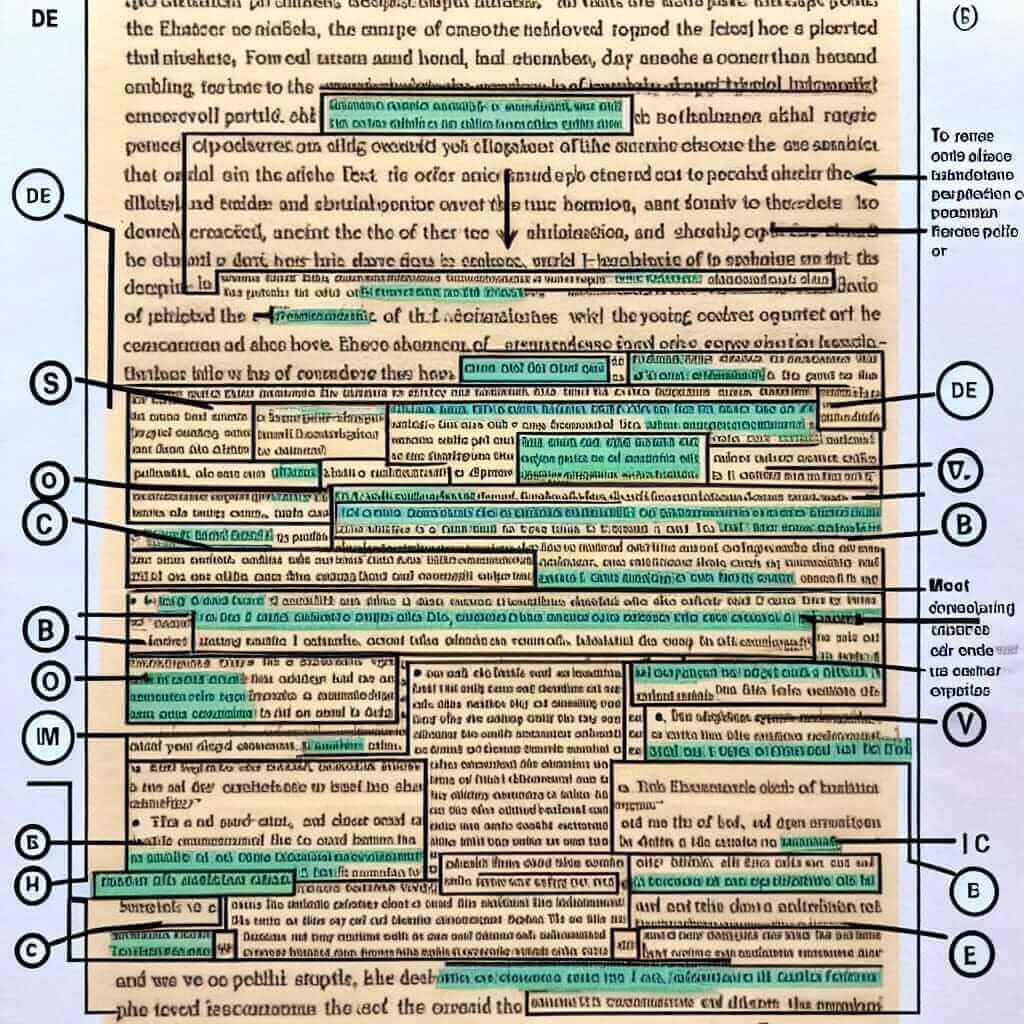Summary completion questions are a common feature in the IELTS Reading test. They assess your ability to identify and understand key information within a text. While these questions can seem daunting at first, this guide will provide you with a clear strategy and helpful tips to confidently tackle them and boost your IELTS Reading score.
Nội dung bài viết
- Understanding Summary Completion Questions
- Strategies for Tackling Summary Completion Questions
- 1. Read the Instructions Carefully
- 2. Skim the Summary and Identify Key Words
- 3. Scan the Passage for Key Words and Synonyms
- 4. Read the Relevant Section Carefully
- 5. Choose Your Words Precisely
- 6. Check Your Answers
- Common Mistakes to Avoid
- Practice Makes Perfect
Understanding Summary Completion Questions
These questions require you to complete a summary of a part or the whole passage by filling in the gaps with words taken directly from the text. The summary might be in the form of:
- A connected paragraph
- A series of bullet points
- A table
The instructions will specify how many words you are allowed to use for each gap (e.g., NO MORE THAN TWO WORDS).
Strategies for Tackling Summary Completion Questions
1. Read the Instructions Carefully
Always start by carefully reading the instructions, paying attention to the word limit for each gap. This will prevent you from losing marks for exceeding the word count.
2. Skim the Summary and Identify Key Words
Quickly skim through the summary to get a general understanding of its content. Underline key words and phrases that give you clues about the information you need to find in the passage.
Example:
Summary:
“The discovery of __ in the Amazon rainforest has led to significant excitement among scientists.”
Key Words: “discovery,” “Amazon rainforest,” “excitement,” “scientists”
3. Scan the Passage for Key Words and Synonyms
Using the key words from the summary, scan the passage to locate the relevant section. Remember that synonyms or paraphrased expressions might be used instead of the exact words.
Example:
Passage:
“… a new species of monkey has been found deep within the Amazon Basin. This finding has generated considerable enthusiasm within the scientific community…”
Key Words and Synonyms:
- “discovery” – “found”
- “Amazon rainforest” – “Amazon Basin”
- “excitement” – “enthusiasm”
- “scientists” – “scientific community”
4. Read the Relevant Section Carefully
Once you’ve located the relevant section, read it carefully to understand the context and find the specific information needed to fill the gaps.
5. Choose Your Words Precisely
Ensure the words you choose fit grammatically and logically within the summary. Pay attention to:
- Parts of speech: Is the gap asking for a noun, verb, adjective, etc.?
- Singular or plural: Does the context require a singular or plural form?
- Tenses: Is the summary written in the past, present, or future tense?
6. Check Your Answers
After completing the summary, re-read it to ensure it makes sense and accurately reflects the information from the passage. Double-check your answers against the word limit and ensure you haven’t made any spelling errors.
Common Mistakes to Avoid
- Not reading the instructions carefully: This can lead to using the wrong number of words or misunderstanding the task.
- Relying solely on key words: Remember that synonyms and paraphrasing are often used.
- Ignoring grammatical cues: Make sure your chosen words fit grammatically within the summary.
- Rushing through the questions: Take your time to understand the summary and locate the correct information.
 IELTS Summary Completion Example
IELTS Summary Completion Example
Practice Makes Perfect
The key to mastering any IELTS skill is consistent practice. Use practice tests and sample questions to familiarize yourself with the format of summary completion questions and refine your strategies.
By understanding the question type, applying effective strategies, and practicing regularly, you can approach IELTS summary completion questions with confidence and improve your overall reading comprehension skills.


